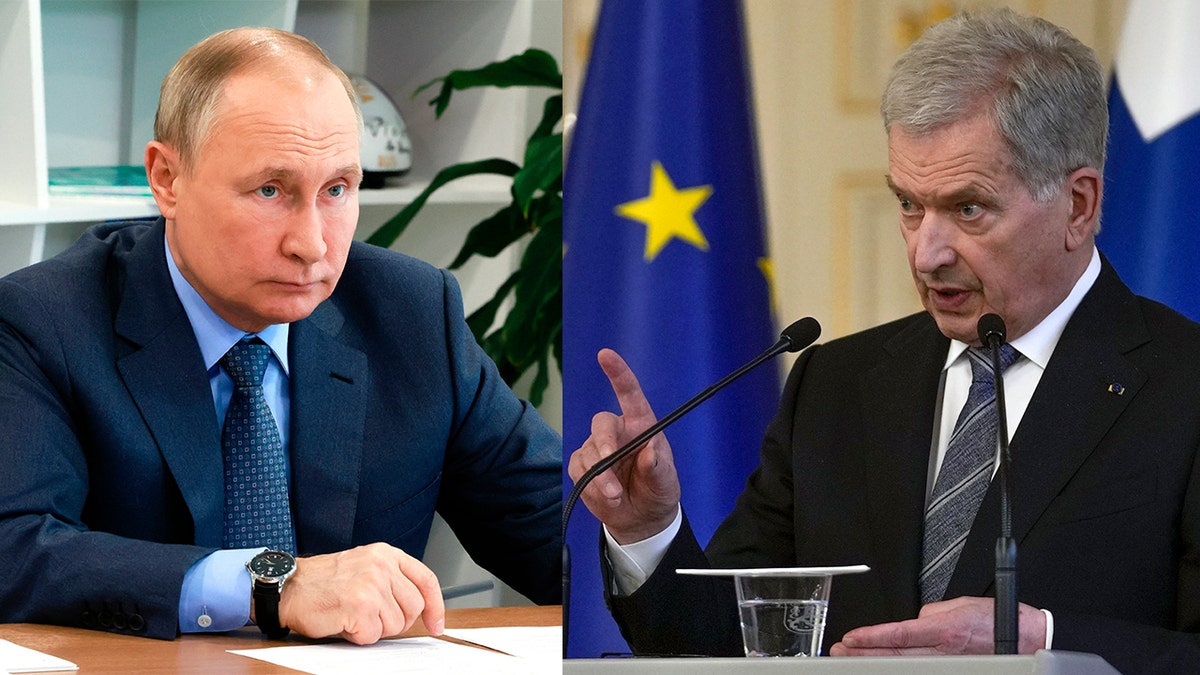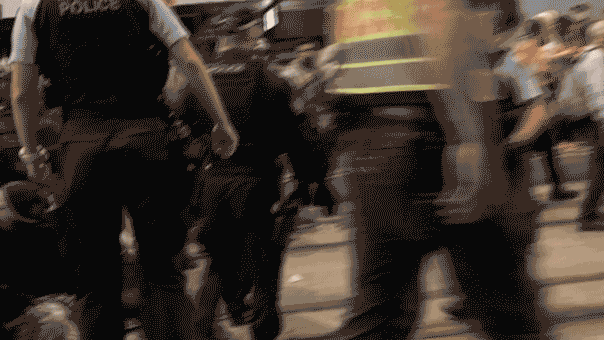Sweden and Finland seeking NATO membership
Former deputy assistant attorney general John Yoo discusses Justice Clarence Thomas’s response to Supreme Court leak on Roe v. Wade on ‘Your World.’
Finland and Sweden joining NATO "makes no big difference," Russian Foreign Minister Sergei Lavrov said Tuesday in an apparent reversal of Russia's previous stance on the issue.
Lavrov and other Russian officials had argued for months that Finland or Sweden joining NATO would post a direct threat to Russia, going to far as to threaten to deploy nuclear weapons on Finland's border in response. Finland formally requested to join NATO on Sunday, and Sweden is poised to do the same.
UK SHORES UP DEFENSIVE ALLIANCE WITH SWEDEN, FINLAND AS COUNTRIES FLOAT NATO MEMBERSHIP
"Finland and Sweden, as well as other neutral countries, have been participating in NATO military exercises for many years," Lavrov said Tuesday, according to Reuters.
"NATO takes their territory into account when planning military advances to the East. So in this sense there is probably not much difference. Let's see how their territory is used in practice in the North Atlantic alliance," he added.

Russian President Vladimir Putin, left, and Finland's President Sauli Niinisto, right. (AP Photos)
Lavrov's statement is a stark shift from Russia's previous stance on NATO expansion. Dmitry Medvedev, deputy chairman of Russia’s security council, argued in April that such a move would justify Russia deploying nuclear and hypersonic weapons to its Western border with Finland.
"There can be no more talk of any nuclear-free status for the Baltic - the balance must be restored," he said at the time. "Until today, Russia has not taken such measures and was not going to. If our hand is forced, well ... take note it was not us who proposed this."
Findland's entry into NATO comes as a direct result of Russian President Vladimir Putin's invasion of Ukraine. Moscow released a statement attempting to ward off Finland's application last week.
CLICK HERE TO GET THE FOX NEWS APP
"Finland’s entry into NATO will become a threat to Russia," Putin press secretary Dmitry Peskov said. "The next expansion of NATO does not make our continent more stable and secure."
"Of course, all this will become elements for a special analysis and development of the necessary measures in order to balance the situation and ensure our security," he added.









































